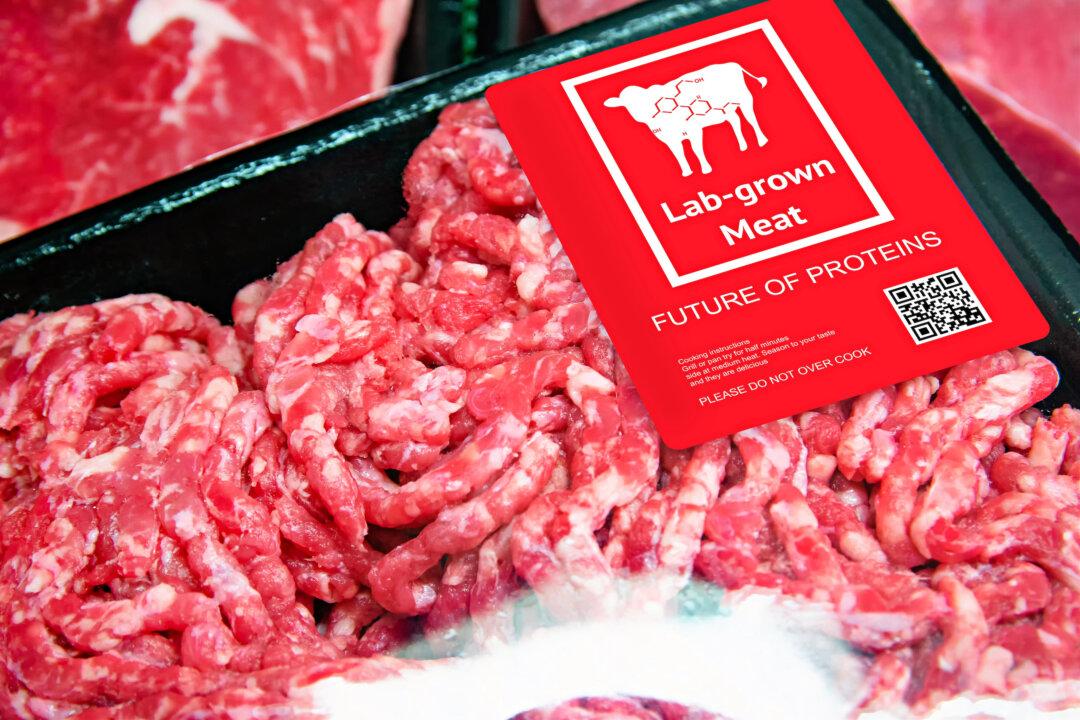Pizza Hut franchises in California are set to lay off 1,200 drivers, while hundreds of other fast food operators are expected to raise prices in a preemptive move ahead of a soon-to-be-enacted statewide minimum wage hike.
The layoffs, which will take place through the end of February, come as California’s minimum wage for fast-food workers is set to jump 30 percent in April, from $16 to $20 an hour, according to a federal Worker Adjustment and Retraining Notification (WARN) Act notice filed by the food operator and originally reported by Business Insider.





